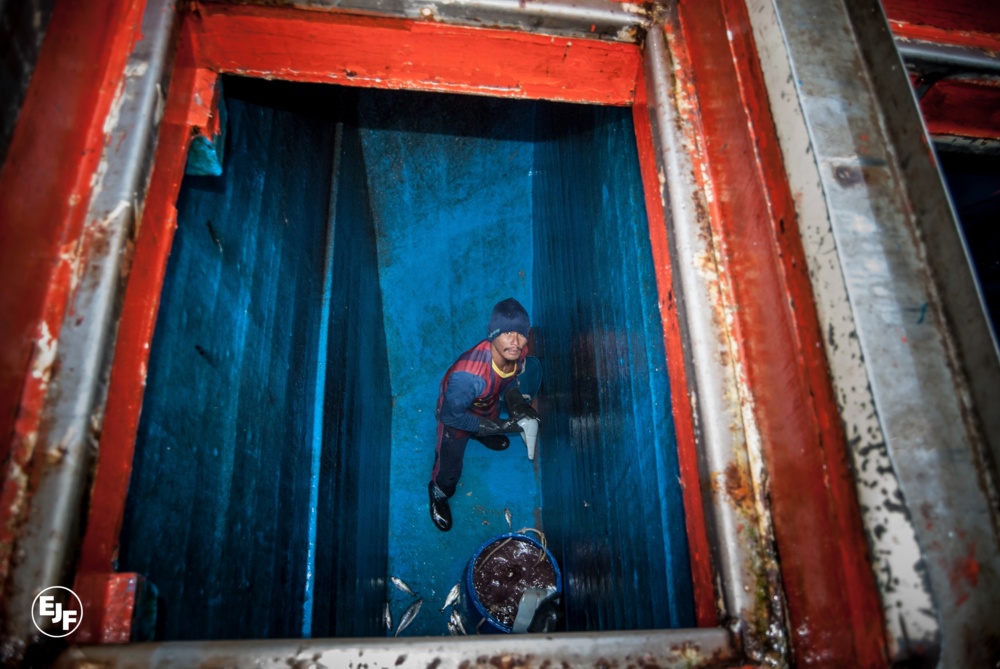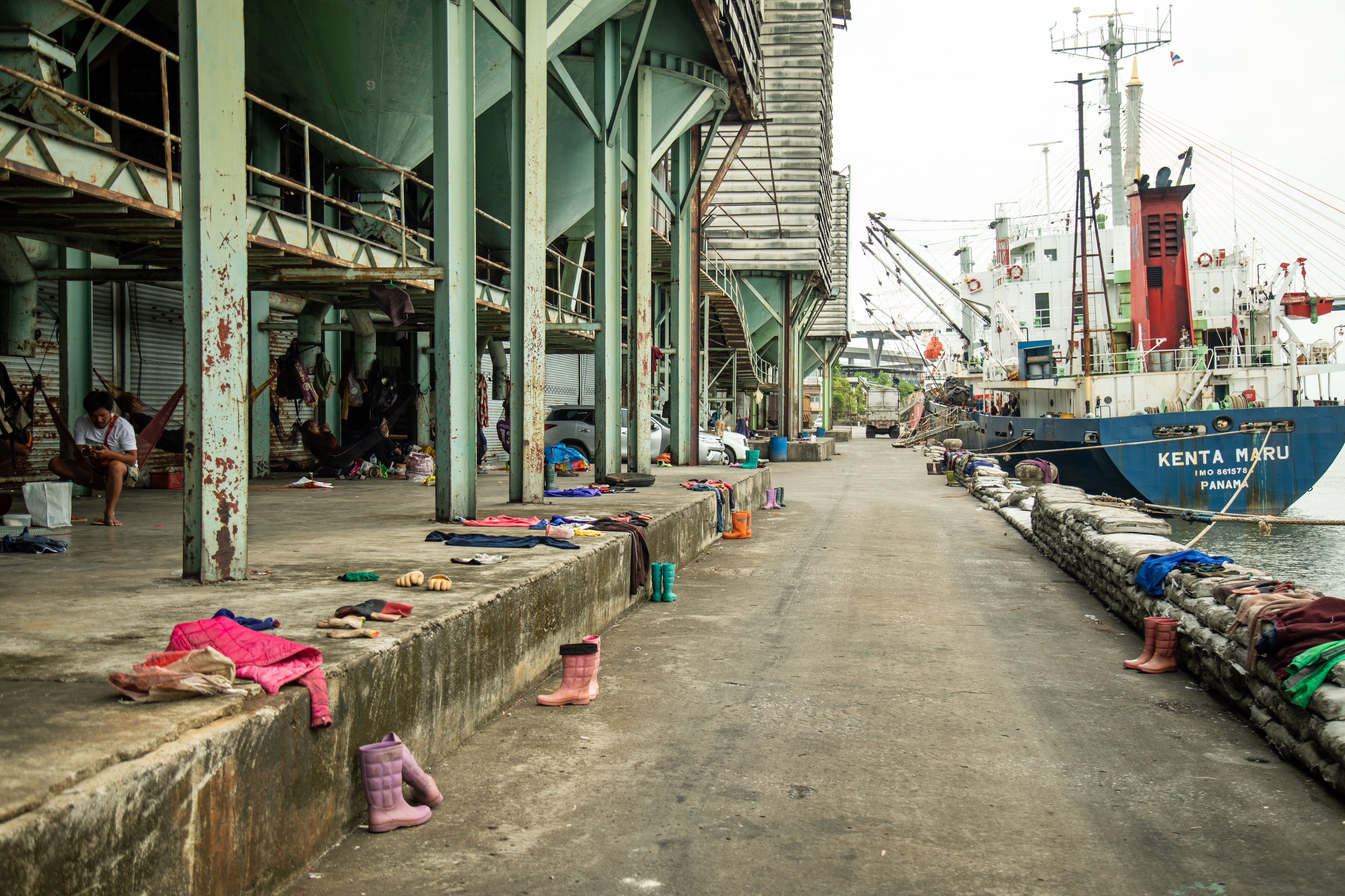
Council proposes weak EU involvement in inspecting cases of forced labour in third countries ahead of trilogue phase
The Environmental Justice Foundation (EJF) welcomes that the Council has reached a position on the proposed Forced Labour Regulation. In doing so, decision makers have overcome a critical hurdle on the way to realising the EU’s first law to allow bans of forced labour products from the EU market. However, several problems remain outstanding.
Steve Trent, CEO and founder of the Environmental Justice Foundation said: “Through this legislation, decision makers have an opportunity to provide a powerful deterrent against all use of forced labour. The International Labour Organisation reports that 28 million people were in forced labour in 2021, a figure they say has risen ‘significantly’ since 2016. Therefore, all efforts to conclude this file before the end of this Parliamentary term should be commended. However, this should not be at the price of lowering ambition beyond what will truly address the problem.”
While the text agreed by EU Member States has yet to be published, serious concerns remain regarding potential gaps based on the Council’s press release. “Third countries should not be given the green light to ‘mark their own homework’. If the relevant EU authorities are unable to verify the authenticity of investigations themselves, this would seriously weaken the application of such bans. In particular, third-country governments that are complicit in state-imposed forced labour cannot be relied upon to carry out impartial investigations. Third-country field inspections should remain the responsibility of EU authorities. However, we do acknowledge that where third countries fail to cooperate with EU authorities on these investigations, this information should be strongly considered when taking decisions to ban products.”
“International cooperation between the EU and third countries will be crucial to the Regulation’s ability to meaningfully address the issue of forced labour, and not just its symptoms, but this should not extend to placing the need for third countries to lead investigations. Furthermore, exploitation is not isolated to a single product. It will be present at an entire production site. Therefore, bans should also be considered for not only single products, but groups of related products that can be traced to the same site.”
“Finally, forced labour poses an existential threat to law-abiding EU companies which cannot compete with illegal and morally-bankrupt practices. Operators that exploit their workforce can massively reduce their costs, gaining an unfair advantage by undercutting their competitors when they sell products on the EU’s single market. Looking ahead to the Trilogue negotiations, decision makers should recognise that the longer the EU’s single market remains open to the products of forced labour, the greater the threat to EU jobs will be.”
ENDS
Notes to editors
For more information or to speak to one of our expert staff, please email media@ejfoundation.org.
SIGN UP FOR OUR EMAILS AND STAY UP TO DATE WITH EJF

